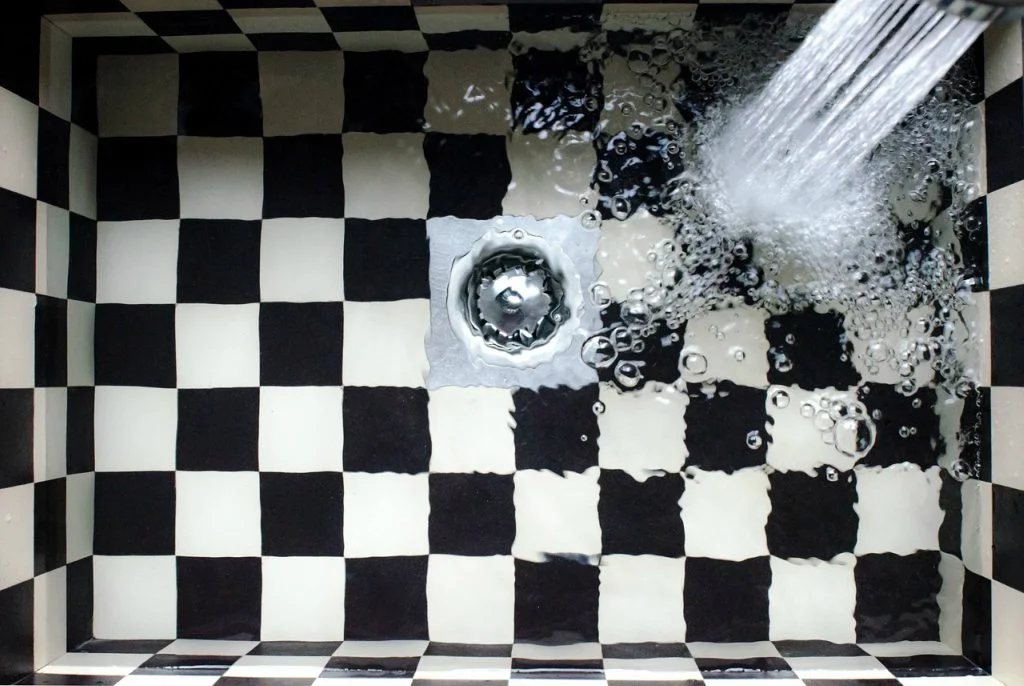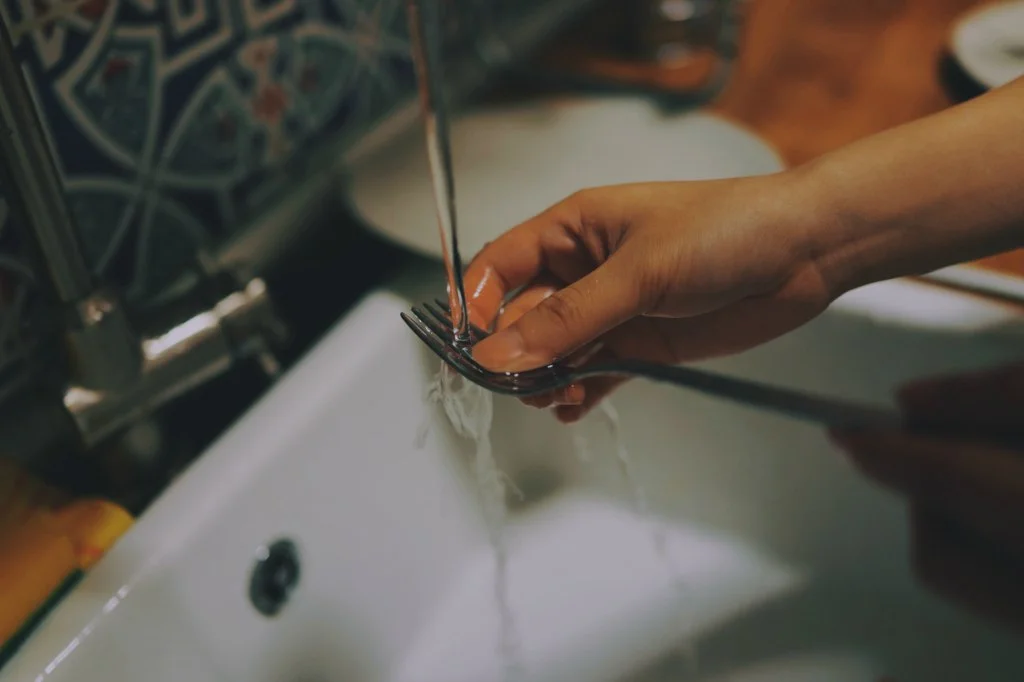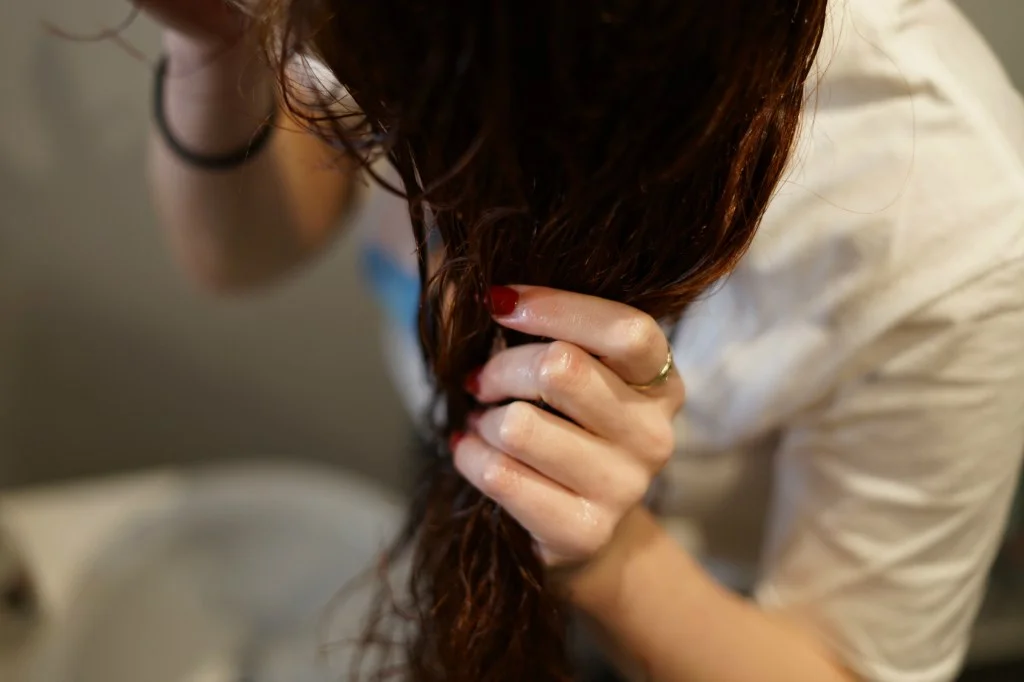How to Prevent Clogs in Your Drains
RH Business Marketing Solutions
How to Prevent Clogs in Your Drains
Have you ever watched helplessly as the water in your sink just won’t go away or do you often find yourself ankle-deep in water when having a shower? If yes, then you might have a blocked drain on your hands. People usually deal with this by grabbing a plunger, but there are things you can do to prevent this from ever happening. Here’s how you can get rid of clogged drains once and for all.
Keep them clean
The best way to fight clogged drains is to keep them clean. Since drains aren’t exactly super visible, we usually think about them only when there’s a draining problem. But, if you only take a few minutes a week and pay some attention to them, the whole issue of clogs can be completely avoided. First, be mindful of what you flush down the drains. If you don’t have a habit of flushing food or too much debris, you’ll be good, but otherwise, you’ll need to roll up your sleeves and start cleaning. The bathtub drain and kitchen sink are especially prone to clogging, so pay special attention to them. Regularly lift up the pop-up stopper in the bath or bathroom sink, pull out the hair and debris, rinse everything and voila!
Clean your garbage disposal
Once or twice a month you might want to peek into your garbage disposal. You can remove the grease and slime from the sides by getting a disposer brush or simply by grinding up some ice and table salt. After you think the coast is clear, flush everything with water and finish off with lemon for the fresh smell!
Employ a cleaner solution
A good bacterial cleaner will help you keep your drains clean and clog-free. Just make sure to opt for a brand that is 100% biodegradable and non-corrosive. Such drain cleaners are much safer and more eco-friendly than chemical ones, which means that they won’t damage your pipes.
Don’t neglect your outdoor drains
Your outdoor drains should also be kept clean. In Australia, most outdoor drains get blocked by tree roots and these are not so easy to remove unless you have a proper gear and experience. However, there are companies that can quickly and easily fix blocked drains in Sydney using high-pressure water jets. If you hire these pros every six to twelve months, you’ll never see your drains get blocked by annoying roots and there will be no more floods in your backyard.
Employ debris guards
Sink strainers can be annoying, but they actually serve a great purpose of protecting your drains from blockages. So, keep them in place and clean them regularly. There are also bath hair catchers that prevent hair clumps from going down the drain, and they are super cheap.
Change your bad habits
Most hair that gets caught in the drain was loose even before you stepped into the shower. So, try to comb your hair before you get in to prevent it from ending up in your drain. So, hair will still go down, but you’ll manage to reduce that amount.
Compost instead of disposing
One easy way to keep your garbage disposal drain clean is to decrease the number of times you use it. Instead of putting everything in the garbage disposal, create a composting bin. Once the compost is ready, use it in your garden or even sell it to your neighbors.
Once your drains are clean and debris-free, you should do your best to keep them that way. It might seem like a bother to check for clogs every week, but once it becomes a habit, you’ll never have to deal with another drain blockage again!
Guest Contributor, Cooper Klein





